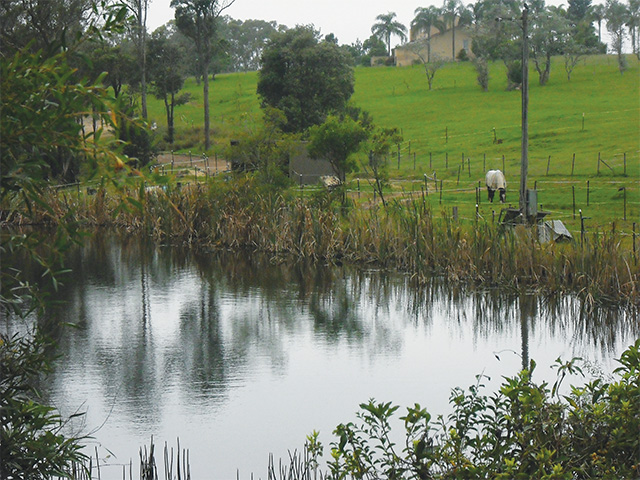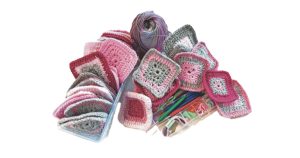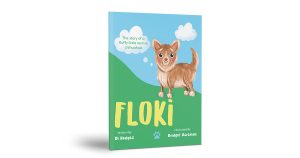
[vc_row][vc_column width=”1/6″ offset=”vc_col-lg-1/5 vc_col-md-1/5 vc_col-xs-1/5″][us_image image=”81787″ size=”thumbnail” align=”left” style=”circle” has_ratio=”1″][/vc_column][vc_column width=”1/12″ offset=”vc_col-lg-4/5 vc_col-md-4/5 vc_col-xs-4/5″][vc_column_text]By Nick Chartorisky[/vc_column_text][us_post_date][/vc_column][/vc_row][vc_row][vc_column][vc_column_text]
If you’re looking at building a dam on your property or modifying an existing one, consider this.
A variety of water depths is the key to supporting a wide range of animals. Islands can be used to separate areas of different water depth and provide valuable shelters, refuges and nesting sites. Although many water birds do not eat aquatic plants, they eat the creatures that find shelter amongst those plants. A variety of plant types is essential to encourage and support water birds on your farm dam. There are floating plants like duck weed, submerged plants such as Ribbon weed and emergent plants such as sedges and rushes.
Most aquatic animals like frogs, mussels, crayfish, snails and insects will colonise dams without your assistance so there is no need to introduce them.
Reeds and Rushes in the dam provide shelter and nesting sites. Away from the dam, shrubs provide shelter just as important as hollow logs or nesting boxes. A few trees planted 4-6 times their eventual height away from the dams’ edge will provide safe roosting places, shade and not interfere with the dam. These trees are essential so as to provide great windbreaks for stock and reduce evaporation. When planting trees, shrubs or aquatic plants use only local native plants; do not introduce exotic plants as these have huge weed potential and can spread very quickly to other dams and waterways. To maintain the life of your dam, stop erosion, pollution and habitat destruction, livestock should not have access to dams directly but be provided water through water troughs.
For more information, contact Nick on 9653 2056, www.stillcreeklandcare.com.au email [email protected] or Facebook[/vc_column_text][/vc_column][/vc_row]










